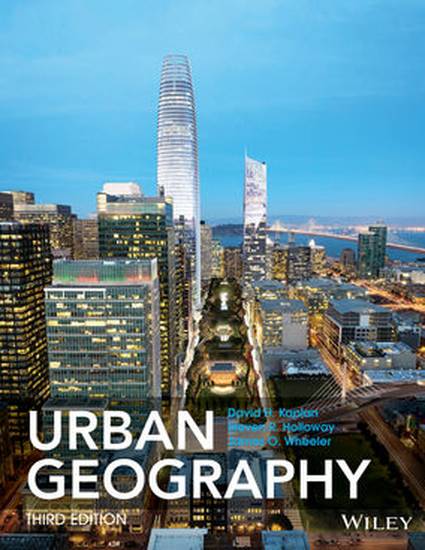
Significant migratory flows to Italy in the last 20 years have created much change in the major cities. Among them, Rome has the largest number of immigrants. Besides describing changes that are currently being observed in metropolitan Rome (e.g., specific trends toward segregation emerging in synch with international migration flows), this paper provides an analysis of available official statistics to identify whether, and to what extent, the Roman case can be used to discuss the same general and/or more specific trends that are occurring in other urban contexts. The paper then focuses on the development of the most important Italian multiethnic neighborhood, the Esquilino, in Rome's city center. The Esquilino area represents a different social construct because of the presence of rich and vibrant economic activities pursued by immigrants. The paper draws upon a multi-method research approach and addresses several questions related to the process of spatial segregation.
Available at: http://works.bepress.com/pierpaolo_mudu/25/
